There’s a particular kind of ache that comes not from failure, but from the inability to even begin. It lives in people who want desperately to create something. Anything. A story, a painting, a film, a song. They surround themselves with the trappings of creativity: sketchbooks filled with half-starts, notebooks full of crossed-out ideas, expensive pens that feel like they should make words come easier. Their shelves are lined with “how to be creative” books, their YouTube histories packed with motivational talks and productivity hacks. But somehow, nothing sticks.
These are the people who daydream about their future podcast while never recording an episode. Who can visualize the graphic novel panel by panel, but never open the drawing app. Who talk fluently about art, music, and cinema, but produce none of it. They’re not lazy, and they’re not fakes. They’re haunted.
One reason so many people get stuck here is the toxic romance around creativity. The idea that it’s a gift some are born with, and others aren’t. If your first painting isn’t profound or your first short story doesn’t feel like Hemingway wrote it drunk and in love, the conclusion is often: “I must not be creative.”
But creativity isn’t magic, it’s muscle. And most people who seem effortlessly creative have been grinding away in secret for years. The tragedy is that many “almost” creatives never make it past that first faltering attempt, because they’re measuring themselves against someone else's polished middle.
Another trap is the illusion of productivity through consumption. It feels like progress to watch a dozen filmmaking breakdowns or buy a new notebook or study the color theory behind Wes Anderson’s set design. But until you open the editing software, scribble on the page, or shoot that rough first take, you haven’t made anything. Consumption is safer. It’s risk-free. Creation is not.
And some people stay in that safety zone forever, wondering why they still feel unsatisfied.
More often than not, what keeps these almost-creatives stuck is fear. Fear of being mediocre. Fear of judgment. Fear that trying will reveal they’re not special after all. And so they don’t try. Or they start and stop and self-sabotage.
This fear masquerades as perfectionism, procrastination, or a chronic case of “I just don’t have the time.” But beneath it all is that simple, painful doubt: What if I’m just not good enough?
The truth is, you have to make bad art to get to the good stuff. You have to write a hundred bad pages, draw a thousand crooked lines, shoot unwatchable footage. No one gets a shortcut. The difference between someone who creates and someone who only wants to isn’t talent. It’s tolerance. Tolerance for the discomfort of sucking at something long enough to get better.
If you’re someone who aches to be creative but can’t seem to cross that threshold, here’s the uncomfortable truth: no one is coming to give you permission. You have to start anyway. Badly. Privately. Quietly. With no expectations. With no applause.
The work won’t be good at first. That’s fine. The point isn’t to be a genius. It’s to begin.
Because if you don’t? That ache will stay with you. That empty canvas, that blinking cursor, that untold story:
they don’t go away. They just settle in your bones.
And the longer you wait, the heavier they become.
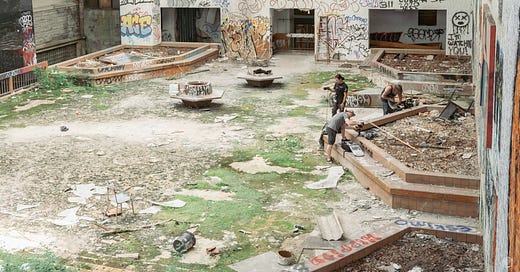



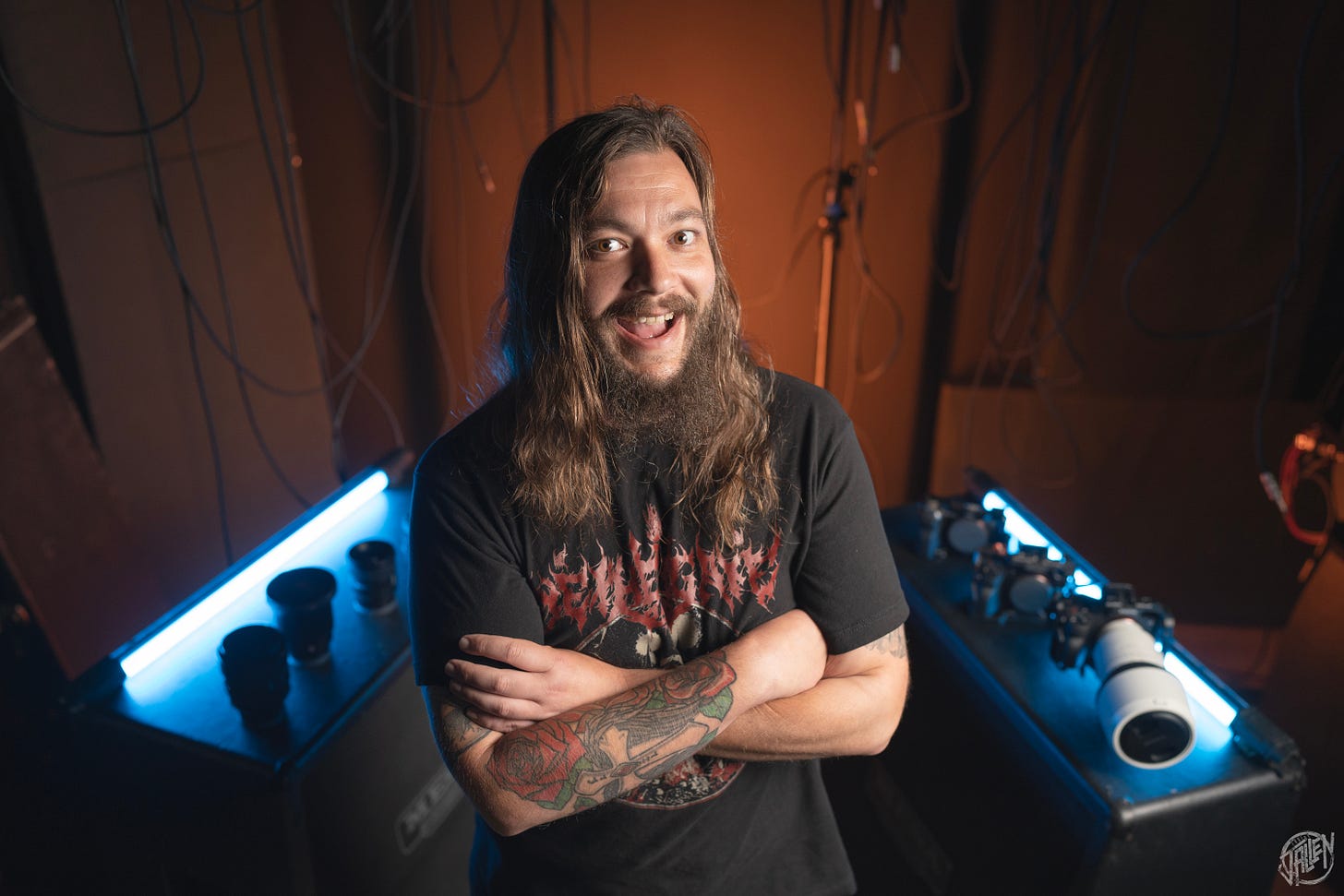
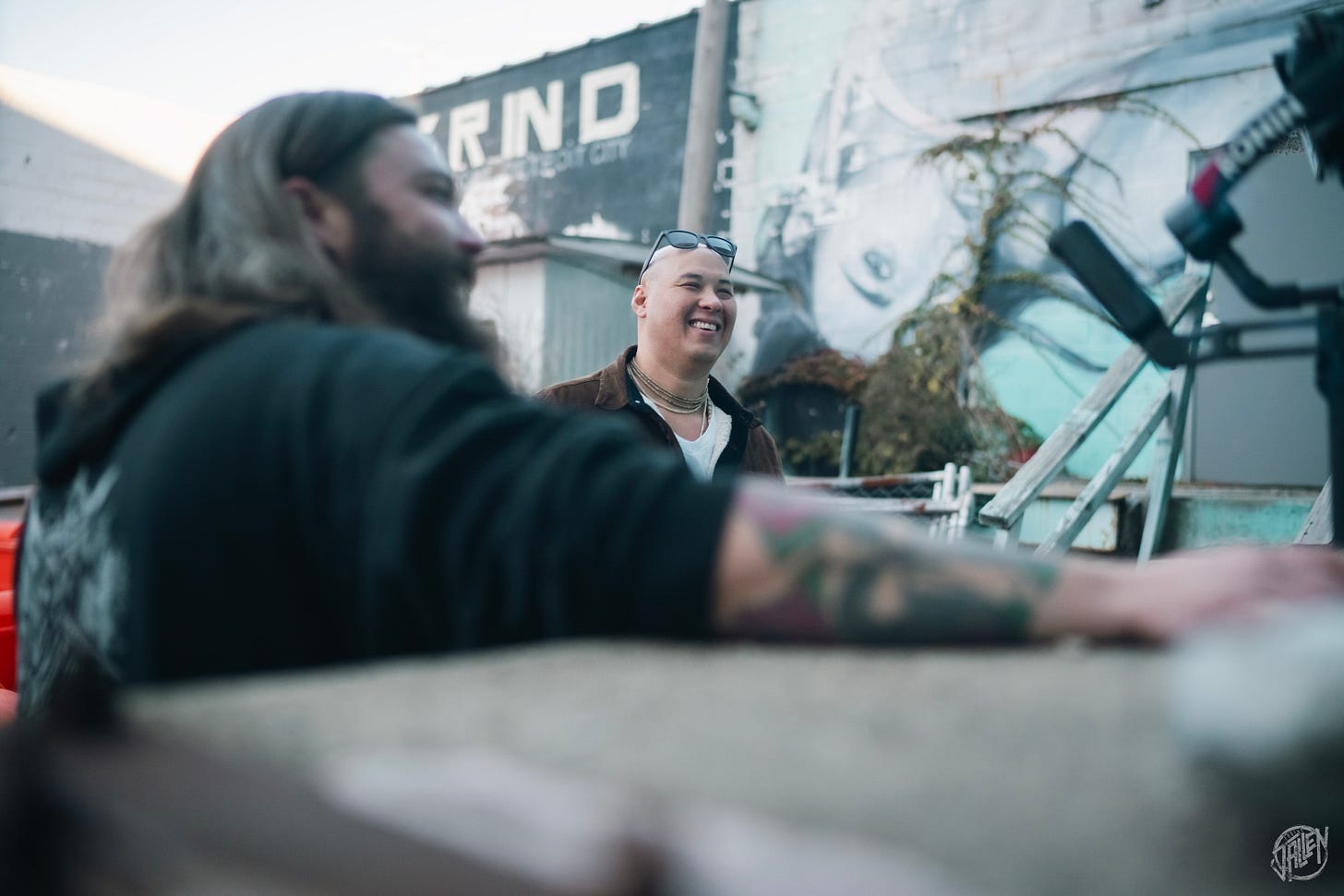
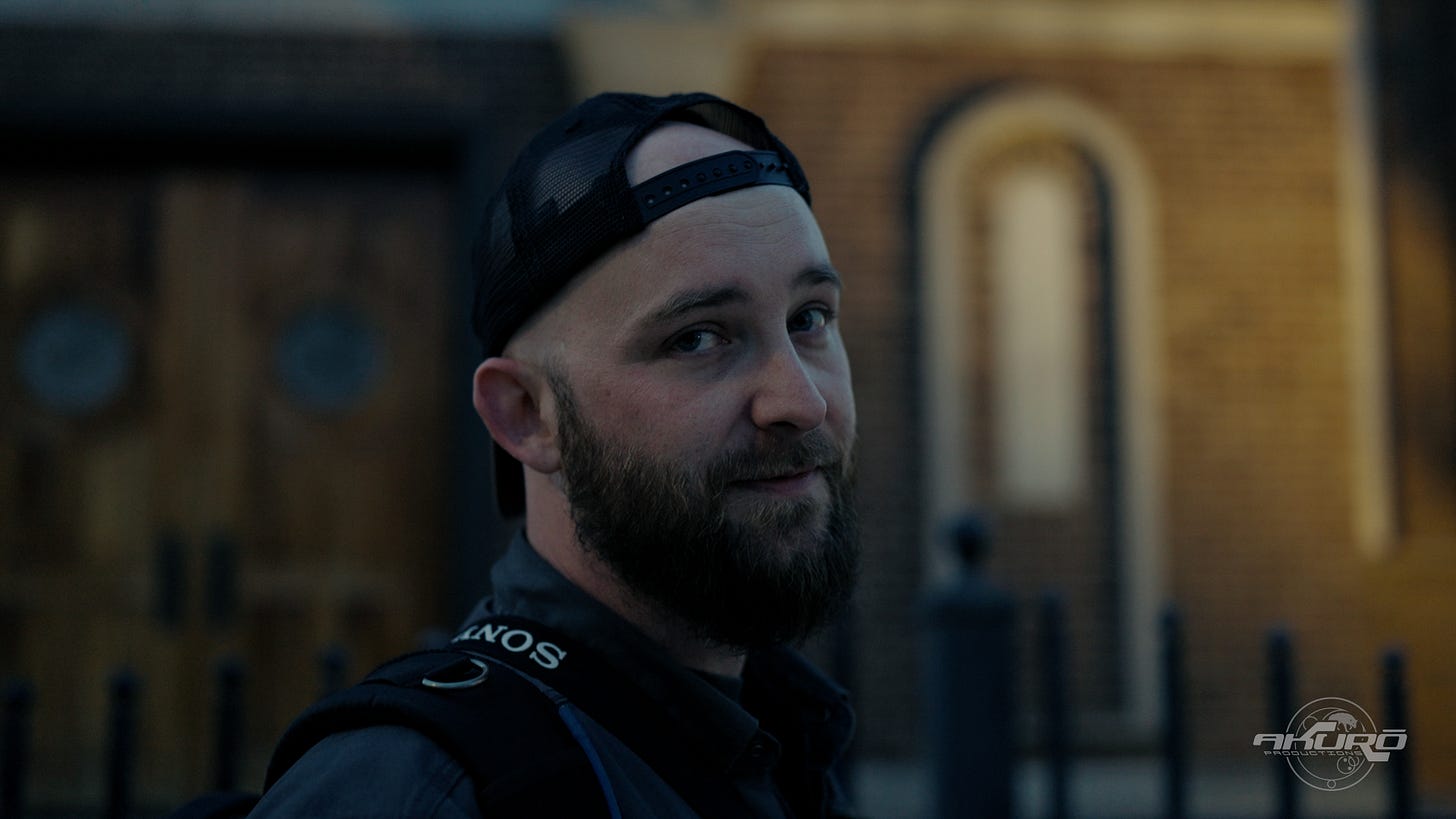
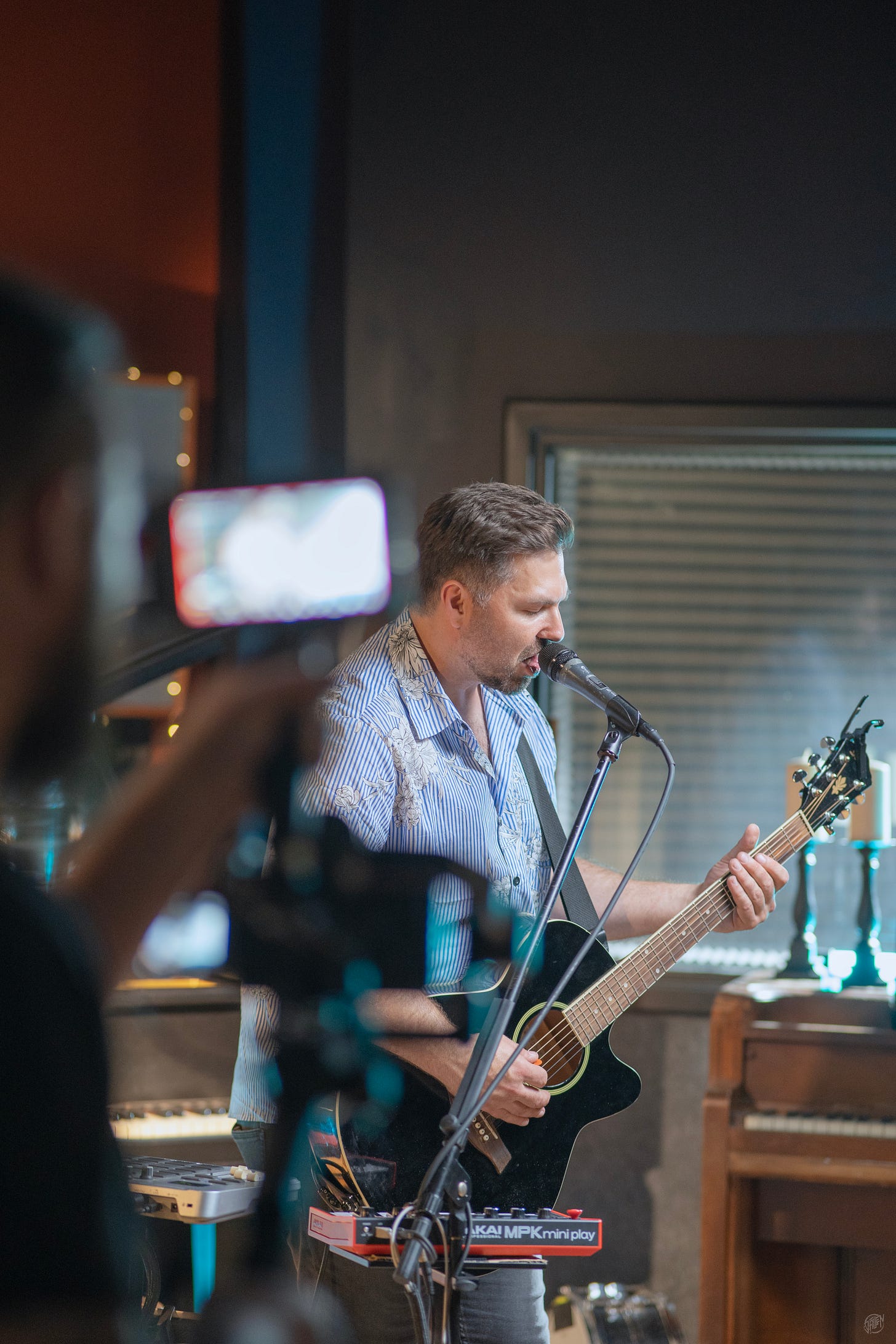
Your first 10,000 photographs are your worst. Henri Cartier-Bresson
“…say yes boldly, despite your appreciation that being so bold will occasionally lead to humiliations - mortifications (ego deaths) necessary for transmuting you into ever more effective shapes and semblances for embodying Soul.” - Bill Plotkin